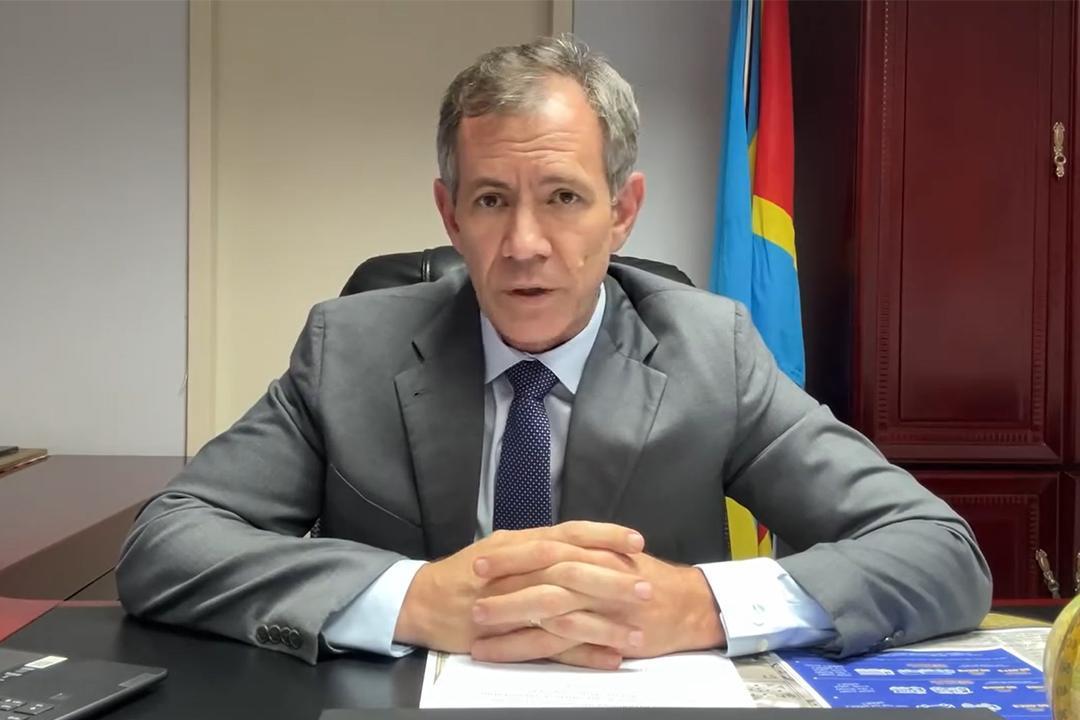Africa-Press – Eswatini. Eswatini has been officially mandated by the African Union (AU) to develop a continent-wide strategy for industrialisation, a move aimed at transforming Africa’s economic landscape and reducing dependency on imported goods.
This was revealed by Minister of Finance Neal Rijkenberg during the #FinanceInFocus programme on Monday, 3 November 2025. The directive follows resolutions adopted at the recent meeting of African Ministers of Finance under the AU’s Specialised Technical Committee (STC) on Finance, Monetary Affairs, Economic Planning, and Integration, which Eswatini currently chairs.
During the ministerial discussions, African leaders raised concerns over the continent’s ongoing export of raw materials while simultaneously importing finished products manufactured from those same resources, with Governments and parastatals controlling a third of the buying power of the imports. Rijkenberg noted that Africa earns approximately US$1.5 trillion from exporting raw materials, yet spends nearly the same amount importing value-added goods — a cycle that keeps the continent at the bottom of the global production chain.
“This leaves Africa with mainly low-paying manual labour jobs, while the higher-paying industrial and manufacturing jobs remain elsewhere,” he explained, adding that the structural gap has long hindered the continent’s economic progress. The Minister also highlighted that the AU’s call aligns with His Majesty King Mswati III’s consistent advocacy for African-led industrialisation.
As part of the mandate, Eswatini will draft a strategy that maps out key raw materials produced across African countries and matches them with the manufactured goods imported into the continent. The plan includes compiling a list of 1 000 imported products per country and identifying where corresponding raw materials already exist within Africa.
Rijkenberg gave an example: Zambia, a leading copper producer, could be positioned to supply copper-based products to other African states that currently import such goods from overseas. Likewise, if Nigeria manufactures laptops and Eswatini requires them, Nigeria would gain preferential supply rights — provided procurement standards are met.
The Minister emphasised that participation in the strategy will be voluntary, though extensive lobbying is expected to encourage widespread adoption. If progress continues on schedule, the implementation plan could be launched at an AU Summit hosted in Eswatini, possibly officiated by His Majesty the King.
While the long-term goal is for goods traded under the framework to be 100% produced in Africa, Rijkenberg acknowledged that the transition will be gradual. The minister assured that intellectual properties around the world would be respected in the whole process.
Therefore, strict rules would have to be followed to ensure protection of intellectual properties. He expressed confidence that the initiative could be a game-changer for the continent, accelerating industrial development and retaining economic value within Africa.
For More News And Analysis About Eswatini Follow Africa-Press







